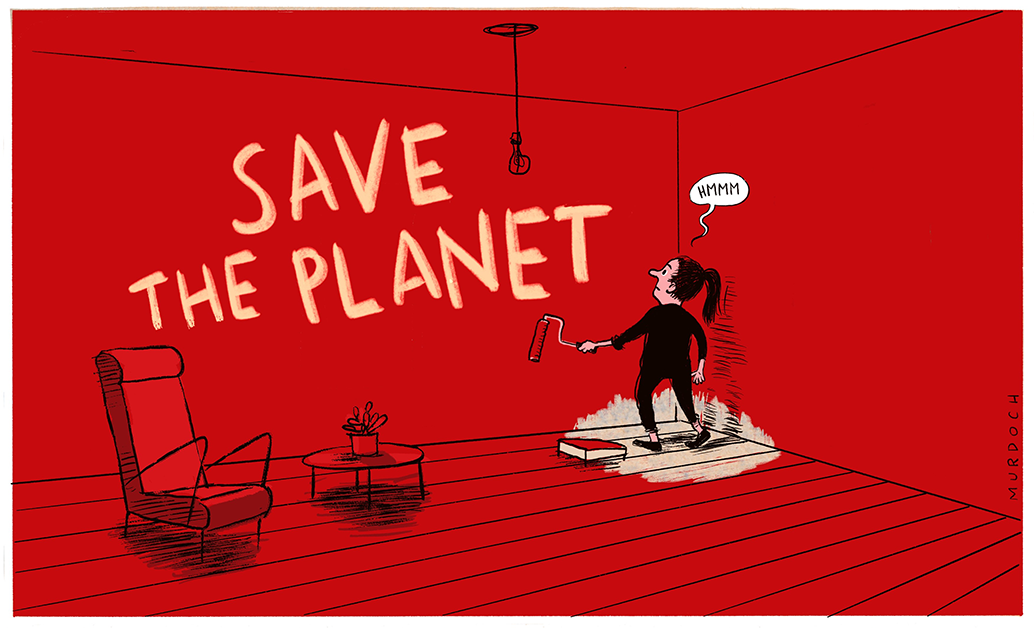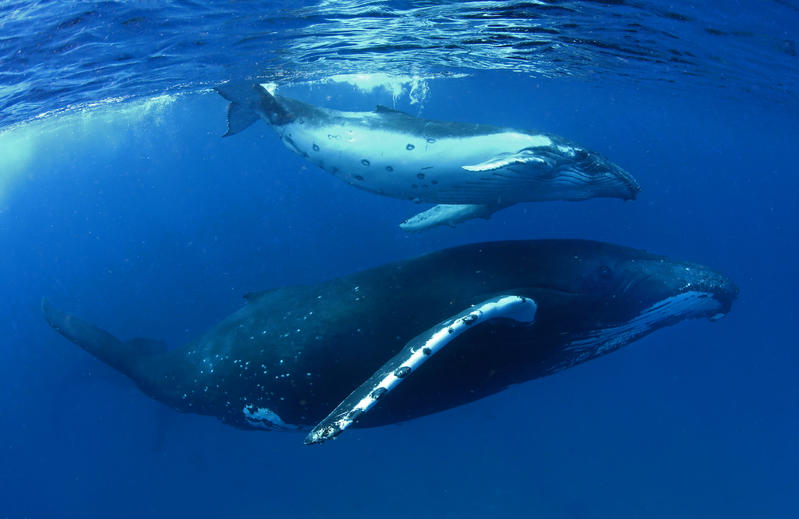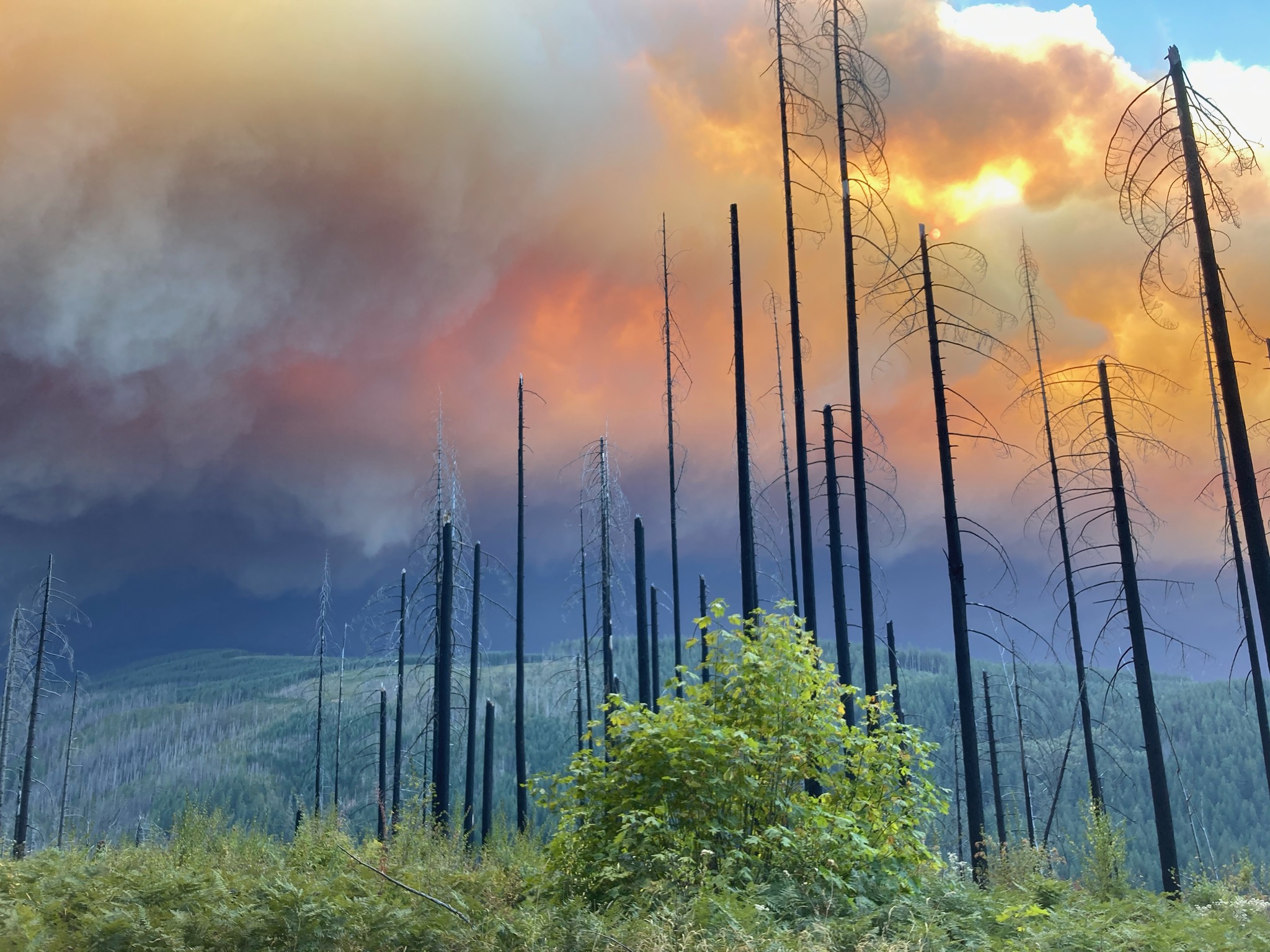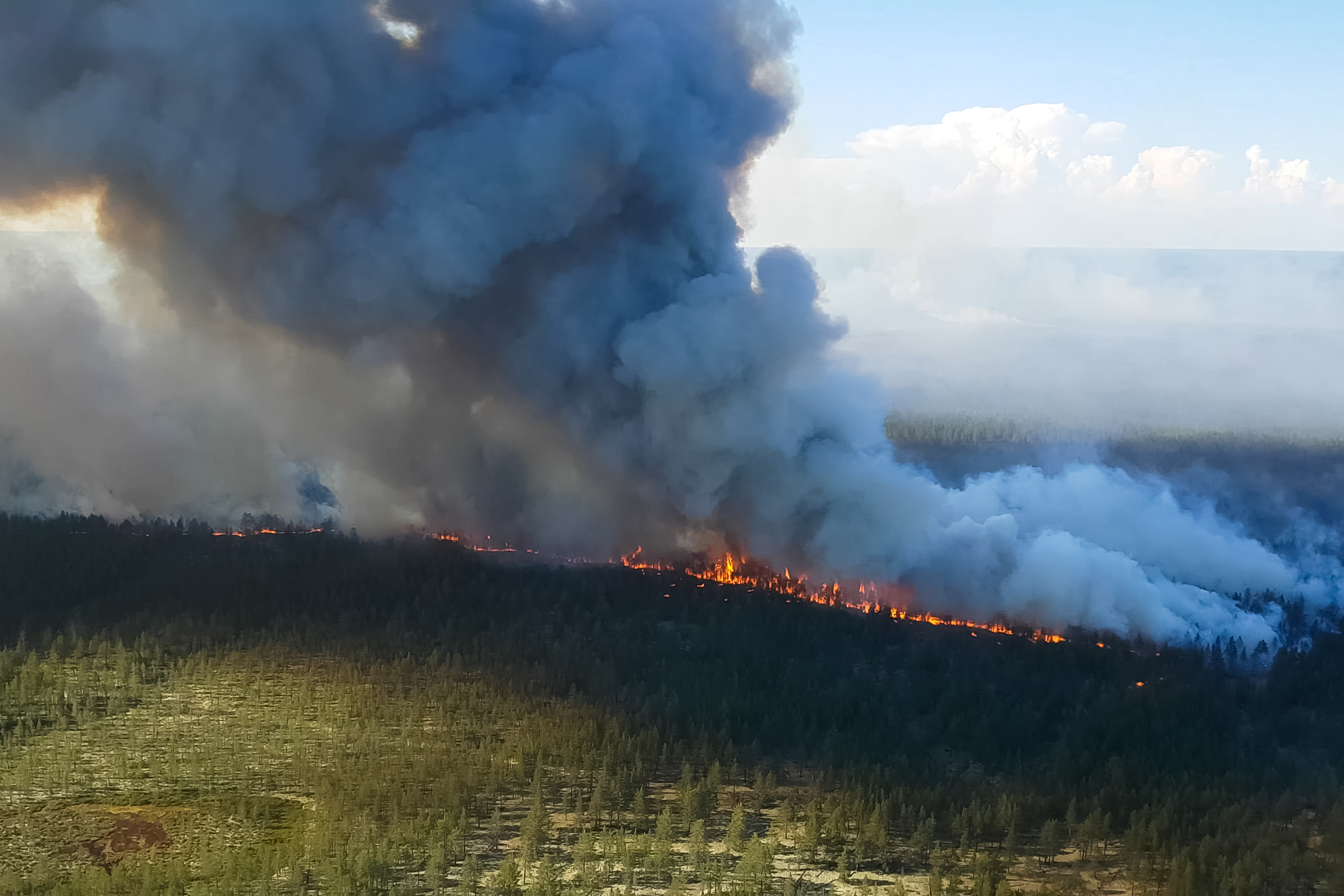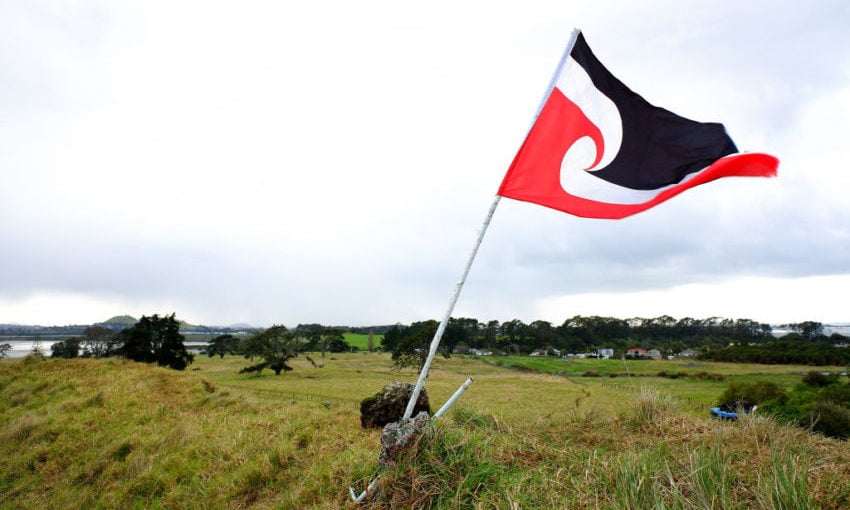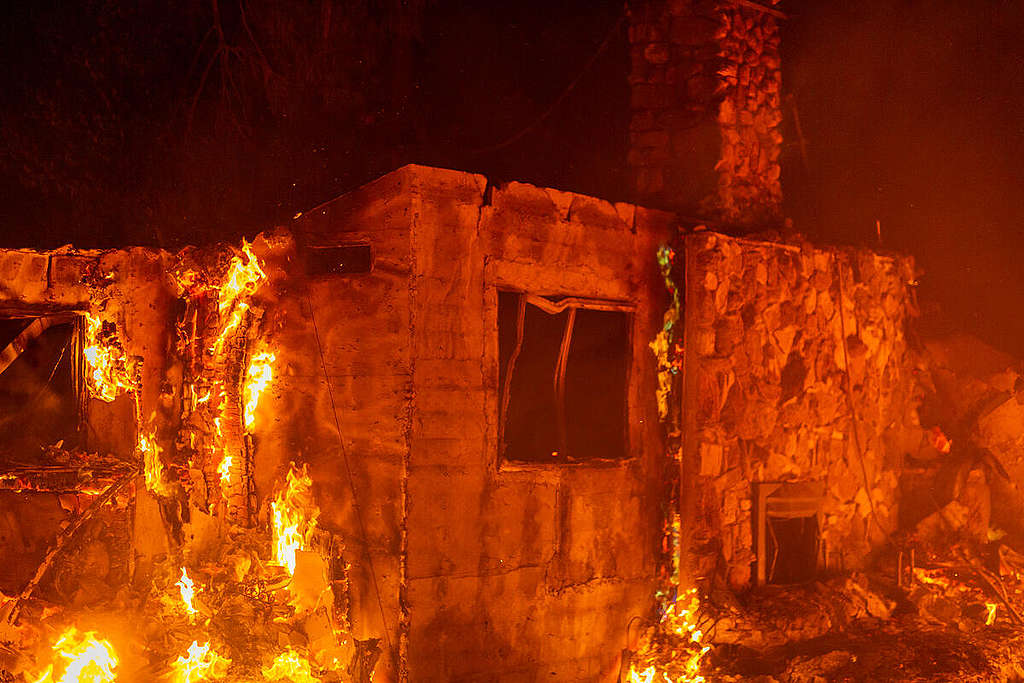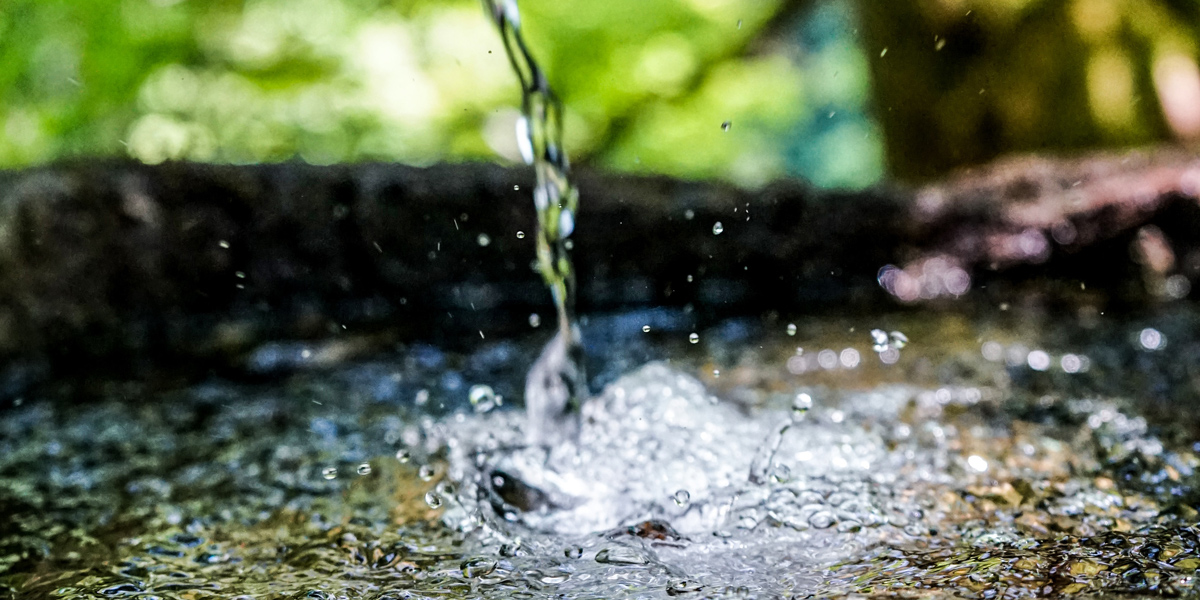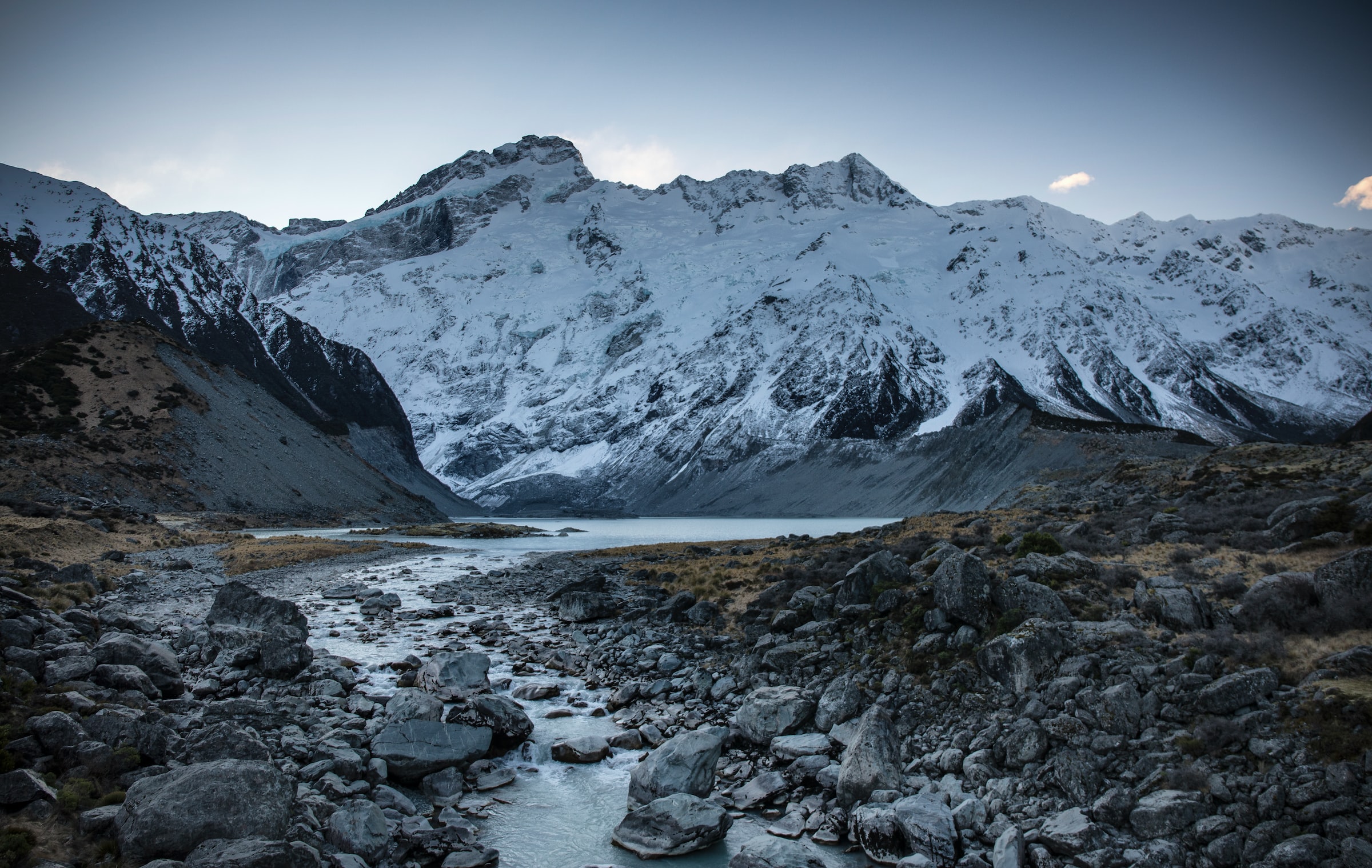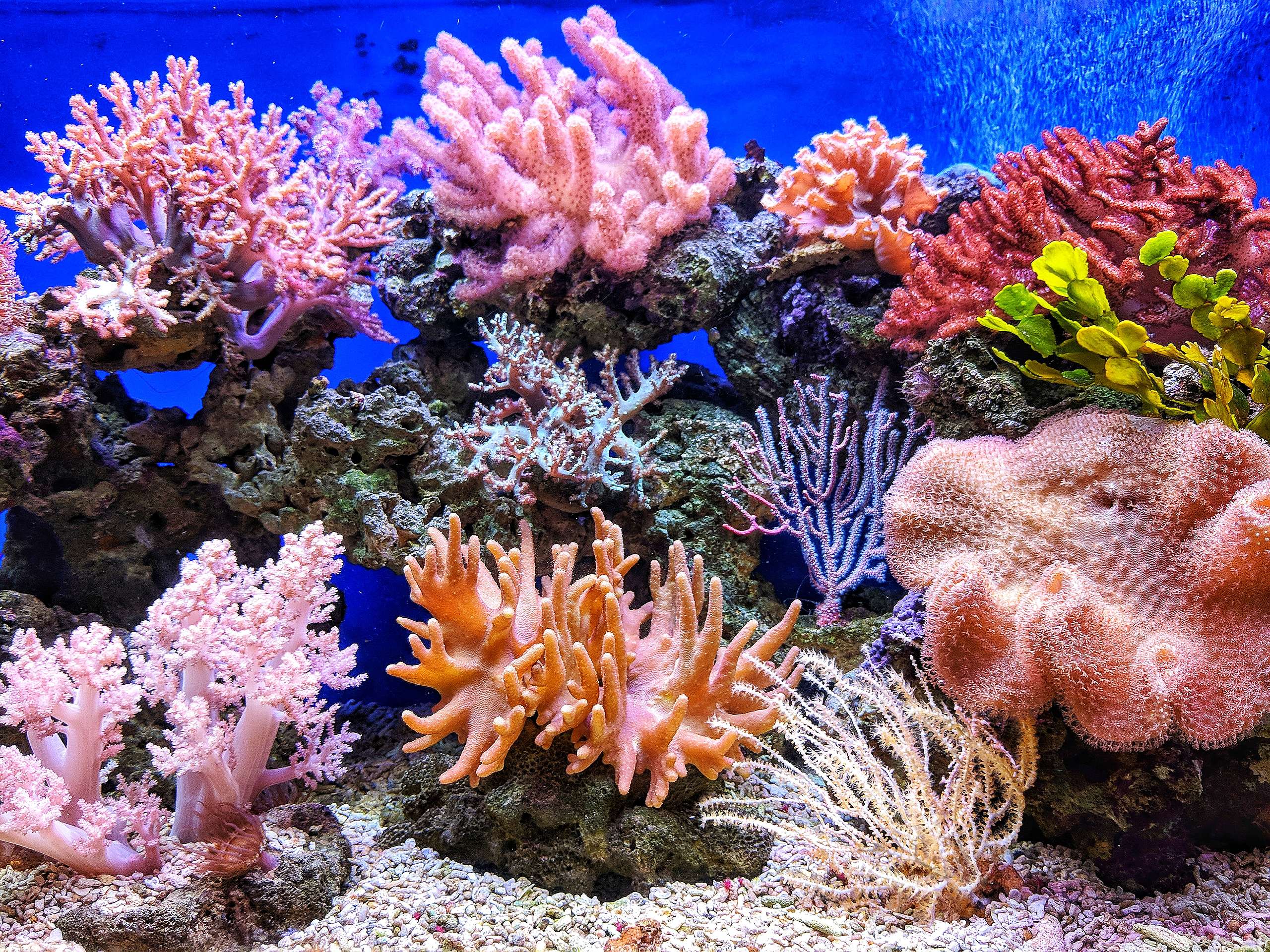-
Labour could out-green the Greens
With Covid we've taken the approach, go hard or go home. We need to go hard on transformative environmental change too – or there’ll be no home to go to.
-
No time to lose: call for incoming govt to implement cameras on boats within first term
Greenpeace has today launched a call for the incoming government to prioritise cameras on boats across the full commercial fishing fleet, and to complete implementation within their first term.
-
Greenpeace applauds Green Party vision for thriving oceans
Greenpeace is applauding the Greens marine policy, released today, saying it sets a strong vision for healthy and thriving oceans.
-
Climate change and forest management have both fueled today’s epic Western wildfires
What is driving the wildfires that are ravaging California, Oregon and Washington? President Trump and state officials have offered sharply different views.
-
Arctic warming: are record temperatures and fires arriving earlier than scientists predicted?
On June 20 2020, the mercury reached 38°C in Verkhoyansk, Siberia – the hottest it’s ever been in the Arctic in recorded history. With the heatwaves came fire, and by the start of August around 600 individual fires were being detected every day. By early September, parts of the Siberian Arctic had been burning since…
-
Ten perspectives on the Economic Recovery from Covid-19
In response to the Covid-19 Coronavirus pandemic, Jacinda Ardern’s Government is injecting billions of dollars into the economy to ease the impacts of a recession.
-
The planet on fire – in photos
In many regions around the world, it’s that time of year again – fire season. But fire seasons are getting longer and more intense each year. Rising temperatures from our climate crisis dry out forests and other natural areas and make fires more likely.
-
Drinking water from the heavily polluted Waikato river
You’d think supplying 1.6 million people and 40,000 businesses with drinking water during a dry year—and the Covid crisis—would be a priority. But recent documents we uncovered show that Watercare is 113th in the queue for Waikato’s water.
-
How climate change made the melting of New Zealand’s glaciers 10 times more likely
Glaciers around the world are melting — and for the first time, we can now directly attribute annual ice loss to climate change.
-
How does overfishing make climate change worse?
For the oceans, one of the biggest drivers of biodiversity loss is industrial-scale fishing. Fish stocks and ocean ecosystems are in decline in many parts of the world because of overfishing and destructive techniques.

